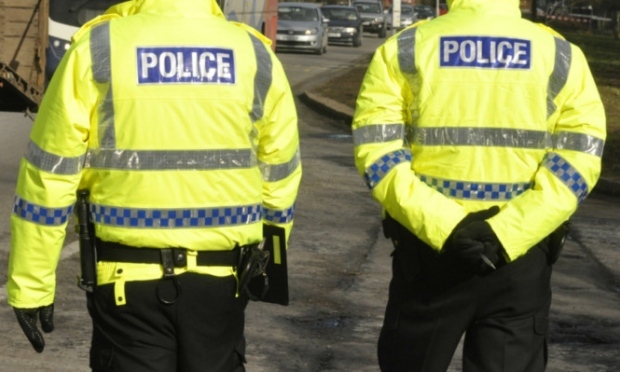The number of people being searched by police officers in the north of and north-east has plummeted this summer.
Official figures show that across the Aberdeen, Aberdeenshire and Moray divisions there was a sharp decline in the controversial tactic in June and July.
The drop fitted a pattern across the whole of Scotland – but questions were asked after the trend was not replicated in the Highlands and islands.
The force has changed the way it carries out stops and searches, and improved the way it records the data, following a review earlier this year.
Police chiefs admitted last night that some of the older figures were not “wholly accurate”, with major disparities revealed in the statistics compared to last year.
Across Scotland, the figure in June and July was 20,916, compared to 37,162 in April and May and a far higher 84,144 for the same period in the previous year.
The number of people stopped in Aberdeen in June and July was 739, down from 985 in April and May and 1,227 at the same time last year.
The figure in Aberdeenshire and Moray was 210 – fewer than a third of the 665 people searched last summer.
But 539 people were stopped by officers in the Highlands and islands, just a small drop from the 559 last summer.
Alistair Carmichael, the Liberal Democrat MP for Orkney and Shetland, questioned why the national trend was not replicated in the Highlands.
He said: “There is no reason why figures for the Highlands and islands should be different from the rest of the country.
“If police in the north-east have been able to use stop and search more appropriately then so should police in the Highlands and islands.”
The force was criticised for the way it used the technique when it emerged 9,000 people were searched in Aberdeen between April 2013 and March 2014, and that children as young as 10 were being targeted.
Labour MSP for the north-east Lewis Macdonald, a long term critic of the method, said the figures were a step in the right direction.
He said: “These numbers clearly reflect a change in policy to be welcomed.”
Last night police chiefs insisted that it was “not appropriate” to draw comparisons across different time periods.
A spokeswoman for the force said: “Police Scotland has been working through a substantial programme of improvement around the use and recording of stop and search.
“It is not appropriate to compare the new stop and search data against the historical data.
“The number of stop searches has dropped every year of Police Scotland and the number of stop searches carried out in the final years of the eight legacy forces was higher than the first year of Police Scotland.”
A Scottish Government spokesman said: “Stop and search has led to the seizures of dangerous weapons, alcohol, drugs and stolen goods.
“We recognise how important it is to get the balance right between protecting the public and the rights of the individual.”
